Clean Code
Loại khoá học: Software Engineering
Learn how to write readable, understandable and therefore maintainable code - step by step, in an example-driven way
Mô tả
As a developer, you should be able to write code which works - of course!
Unfortunately, a lot of developers write bad code nonetheless - even though the code works. Because "working code" is not the same as "clean code"!
This course teaches you how to write clean code - code which is easy to read and understand by humans, not just computers!
In this course, you'll learn what exactly clean code is and, more importantly, how you can write clean code. Because if your code is written in a clean way, it's easier to read and understand and therefore easier to maintain.
Because it's NOT just the computer who needs to understand your code - your colleagues and your future self needs to be able to understand it as well!
In this course, we'll dive into all the main "pain points" related to clean code (or bad code - depending on how you look at it) and you will not just learn what makes up bad code but of course also how to turn it into clean code.
Specifically, you will learn about:
Naming "things" (variables, properties, classes, functions, ...) properly and in a clean way
Common pitfalls and mistakes you should avoid when naming things
Comments and that most of them are bad
Good comments you might consider adding to your code
Code formatting - both horizontal and vertical formatting
Functions and how to limit the number of function parameters
How to write clean functions by focusing on "one thing"
How levels of abstraction help you split functions and keep them small
How to write DRY functions and avoid unexpected side effects
Avoiding deeply nested control structures with guards and by extracting functionality into functions
Errors and error handling as a replacement for if-statements
Objects & data containers/ data structures and why that differentiation could matter
Cohesion and how to write good (small!) classes
The Law of Demeter and why it matters for clean code
What the SOLID principles are and why they matter when it comes to writing clean code
Much more!
This course is a compilation of common patterns, best practices, principles and rules related to writing clean code.
In this course, you'll learn about a broad variety of concepts, rules, ideas, thoughts and principles and by the end of course, you'll have a good idea of what to keep in mind when it comes to writing clean code.
This is not a design patterns or general patterns course though - we will entirely focus on patterns, rules and concepts that help with writing clean code specifically.
All these concepts and rules are backed up by examples, code snippets and demos. And to ensure that you get the most out of this course, and you don't just learn a bunch of theory which you forget soon after, there also are plenty of challenges for you to apply what you learned!
This course uses Python, JavaScript and TypeScript for code examples but you don't need to know these languages to follow along and get a lot out of the course. In addition, the course does not focus on a specific programming style or paradigm (like functional programming, object-oriented programming etc) but instead covers general concepts and techniques which will always apply.
What are the course prerequisites?
Basic programming knowledge (no matter which language) is required!
You don't need to know any specific programming language or programming paradigm to follow along
NO prior experience with writing clean code is required
Bạn sẽ học được gì
Learn how to write code which is readable and understandable
Keep code alive by increasing maintainability with clean code
Learn about key principles, rules and concepts that allow you to write clean code
Learn with hands-on examples and "bad to good code" transformations
Yêu cầu
- Basic programming knowledge (no matter which language) is required
- NO prior experience on the topic of clean code is required
- You DON'T need to know a specific programming language or paradigm
Nội dung khoá học
Viết Bình Luận
Khoá học liên quan

Đăng ký get khoá học Udemy - Unica - Gitiho giá chỉ 50k!
Get khoá học giá rẻ ngay trước khi bị fix.

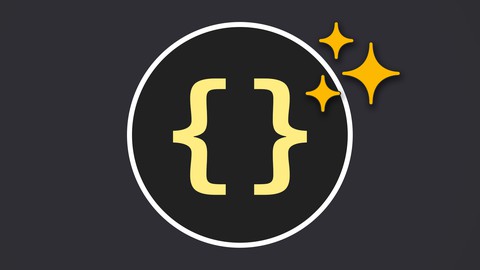





![Docker & Kubernetes: The Practical Guide [2024 Edition]](/uploads/courses/udemy/3490000_d298_2.jpg)
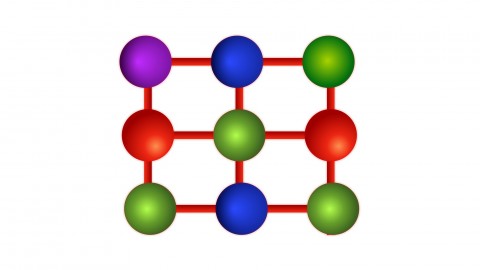
![Build your Own Self Driving Car| [Course 1 & Course 2]](/uploads/courses/udemy/2604490_0dfa.jpg)


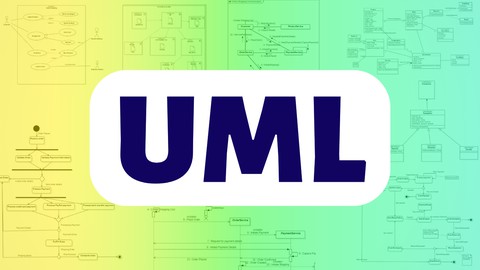
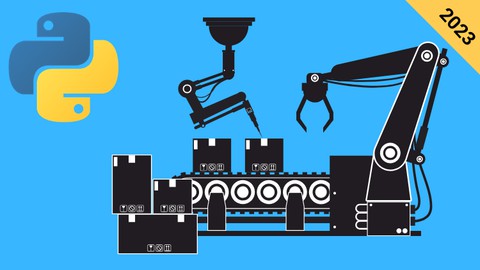

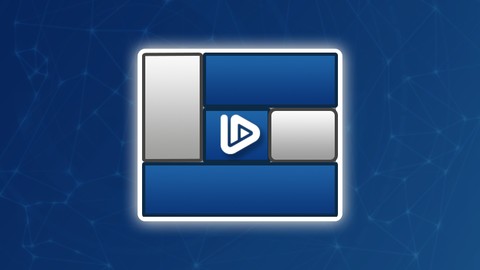
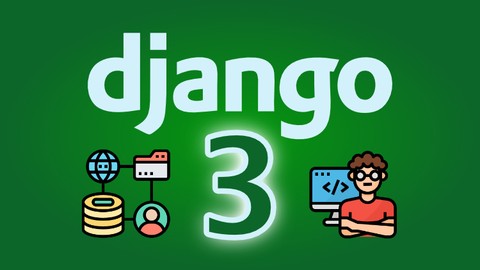
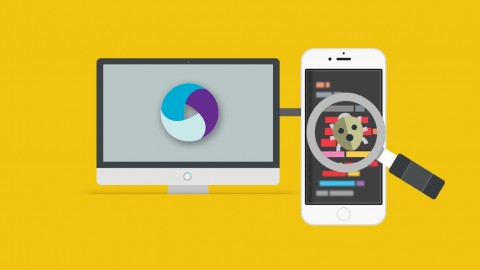
Đánh giá của học viên
Bình luận khách hàng